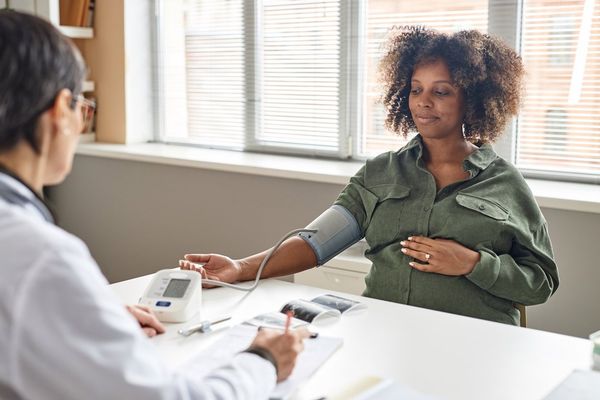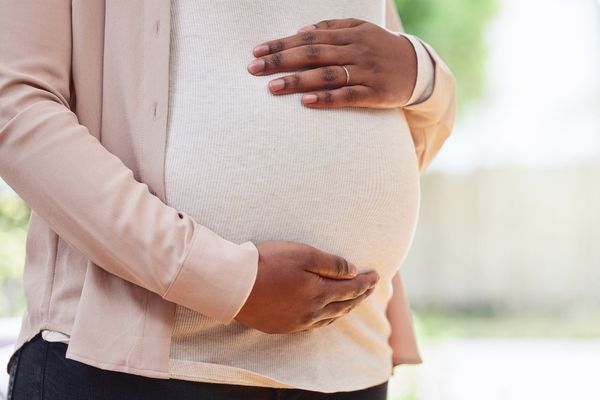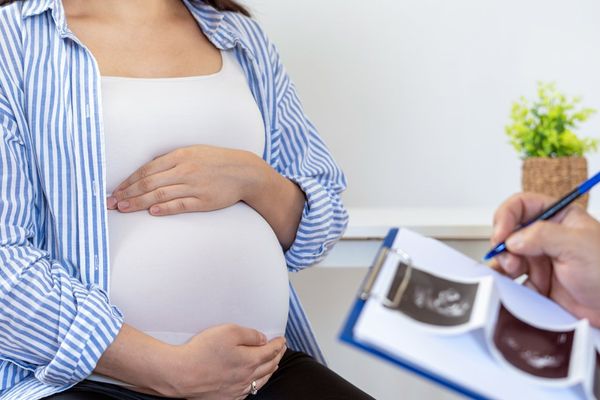Shaun Jeffers / Shutterstock.com
First off, congratulations to Kate Middleton on the news of her pregnancy! Unfortunately, the royal family was forced to announce the pregnancy early, thanks to a rare but severe form of morning sickness.
The duchess is suffering from hyperemesis gravidarum (HG)—again. She suffered from this during her first pregnancy, too. The condition is diagnosed when a pregnant woman loses more than 10 pounds due to extreme and persistent nausea and vomiting, according to the Cleveland Clinic.
The duchess is not yet 12 weeks into her second pregnancy, royal officials told ABC News, and doctors are treating her at Kensington Palace. They said she "may require supplementary hydration, medication and nutrients."
It's not known what causes HG, although it's widely understood to be related to rising levels of the pregnancy hormone, hCG (human chorionic gonadotropin), which, in some women, may trigger the part of the brain affecting nausea and vomiting.
Treatment often begins with dietary changes and the consumption of small, protein-filled snacks, rather than large meals. If weight loss continues, and the woman is hospitalized, treatments can include pyridoxine, a high-dose vitamin B6, and doxylamine, an antihistamine, the combination of which can ease nausea, Dr. Irina Burd, director of research for the division of maternal fetal medicine at Johns Hopkins University in Maryland, told Yahoo Health. "Even ginger, or those acupressure wristbands, like people use for seasickness, can help," he said.
Symptoms of HG most often spike between the 10th and 12th weeks of pregnancy, often subsiding between week 14 and 16. Hopefully the duchess will get some relief soon!
Did you suffer from morning sickness? Tell us in the comments.







